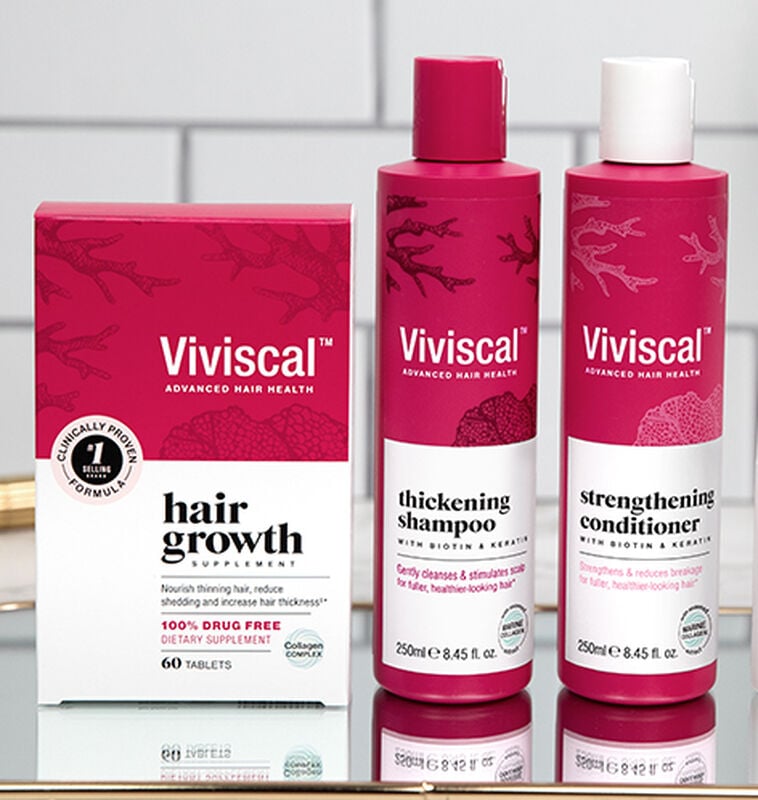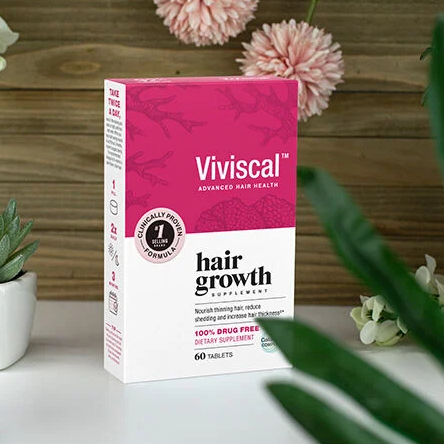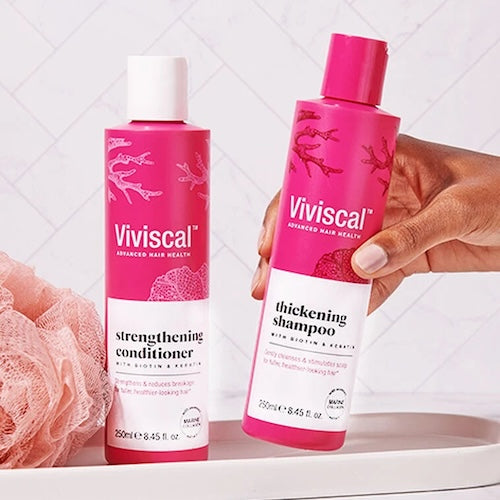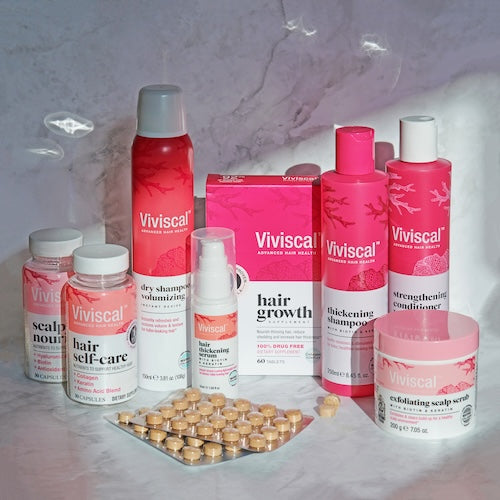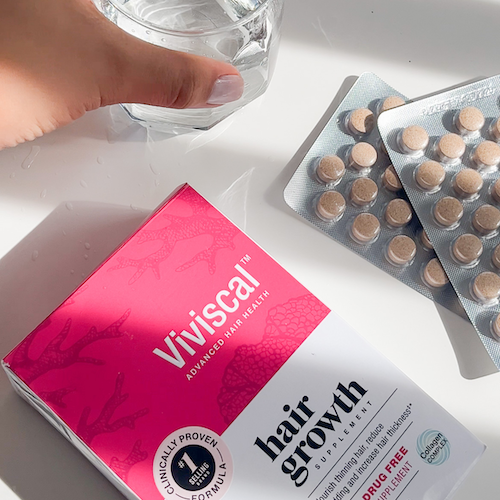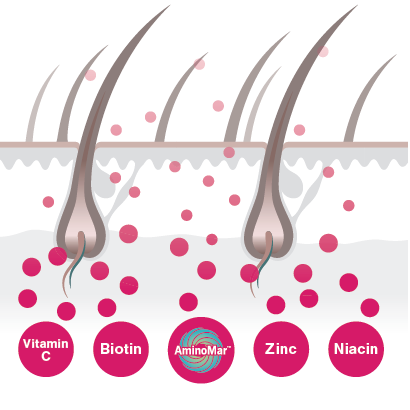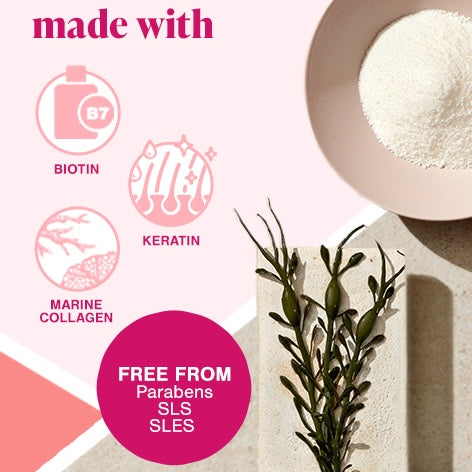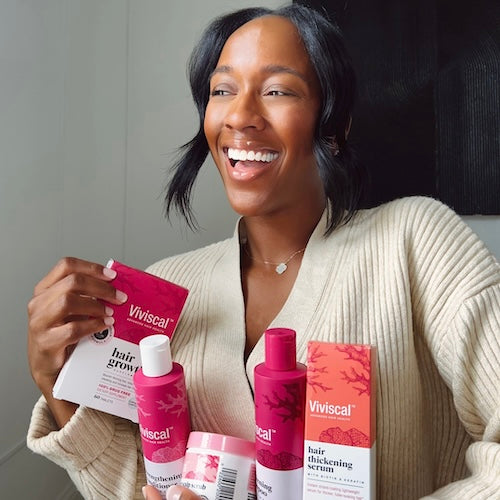If you love swimming, you’re probably familiar with swimmer’s hair. The chlorine found in pool water can wreak havoc on hair, drying it out and even changing its color. Not going for the straw hair look this summer? We didn’t think so. Follow these tips to protect hair from chlorine before and after swimming so you can avoid the dreaded “swimmer’s hair” this summer.
What Causes “Swimmer’s Hair”?
Chlorine is a chemical used in pools to destroy harmful bacteria and germs. While chlorine helps kill bacteria to protect you from getting sick from swimming in a pool, it can also damage your hair if you’re not careful. This is because chlorine strips hair of its Natural Protective Oils. Hair becomes dry, discolored, and may even Break Off. Luckily, with a little know-how, this process is preventable.

How to Protect Hair From Chlorine Before Swimming
Before you dive in, follow these tips to limit hair’s exposure to chlorine.
Create a Barrier
Coat hair with Coconut Oil before getting into the pool. Coconut oil will reinforce hair’s natural protective barrier while adding moisture to hair.
However, coconut oil may be Too Heavy For Fine Or Thin Hair, weighing it down and making it Greasy. If your hair is fine, use a leave-in conditioner before swimming instead. It’s usually lighter-weight than coconut oil but still will help create a barrier against drying chlorine in pool water.
Take a Shower
Take a quick shower to wet hair before jumping into a chlorinated pool. Dry hair is absorbent like a sponge. So if you wet hair down before swimming, it will absorb less of the pool chemicals.
Hint: If there are no showers around, douse hair with drinking water from a water bottle.

Wear a Protective Hairstyle
Protective Hairstyles limit your hair’s exposure to chlorine while preventing hair from tangling. Try a bun, a French Braid, or braided pigtails to make hair more manageable, and less prone to tangling or breakage, when you get out of the pool.
Use a Swimming Cap
Swimming caps cling to your scalp and reduce the amount of water soaking your hair in the first place. If you swim frequently for exercise or if you have Very Damaged Hair, a swimming cap is one of the best options to protect your hair.

How to Protect Hair From Chlorine After Swimming
After swimming, refrain from going about the rest of your day with all those pool chemicals in your hair. Follow these tips for keeping hair healthy after a day at the pool.
Rinse Hair Right Away
Immediately after swimming, rinse hair with tepid tap water to get out as much chlorine as possible.
Wash Your Hair
After swimming, wash hair with a gentle shampoo like Viviscal Thickening Shampoo. Viviscal Shampoo contains a mild surfactant that helps to remove chlorine from hair.
For extra clarifying, follow with an apple cider vinegar rinse to get rid of residual chlorine and other pool chemicals like copper (the Chemical Responsible For Turning Blonde Hair Green). To make an apple cider vinegar rinse at home, mix one part apple cider vinegar with four parts water and pour over hair. Rinse hair clean with cold water to help seal the hair cuticle against further damage.

Use a Strengthening Conditioner
After shampooing hair, follow with a strengthening conditioner like Viviscal Strengthening Conditioner. This conditioner is formulated with the unique Ana:Tel™ complex that reinforces and strengthens dry, brittle hair. Finally, style hair with Viviscal Gorgeous Growth Densifying Elixir, which smooths and nourishes the outside of the hair shaft with biotin, keratin and zinc.
If you’re a regular swimmer, use a deep conditioning mask once a week to keep hair strands looking healthy and hydrated.
We hope these tips help you enjoy your next pool day without worrying about hair damage. With the proper care, you can minimize chlorine damage and fight the effects of swimmer’s hair.
